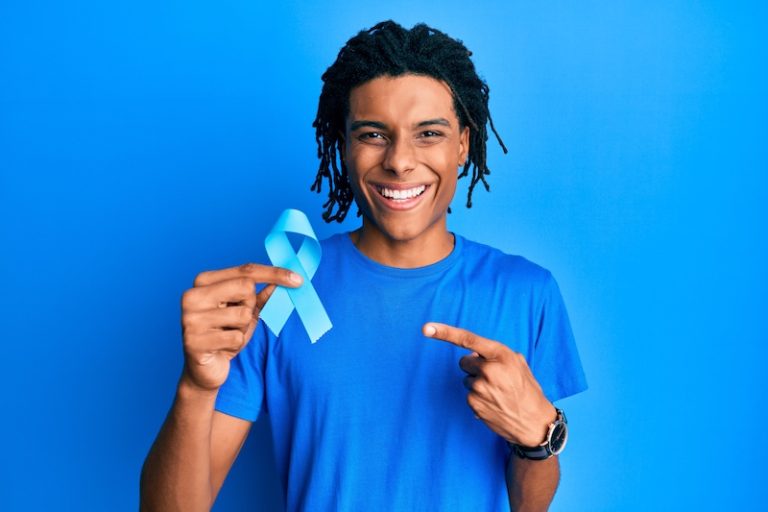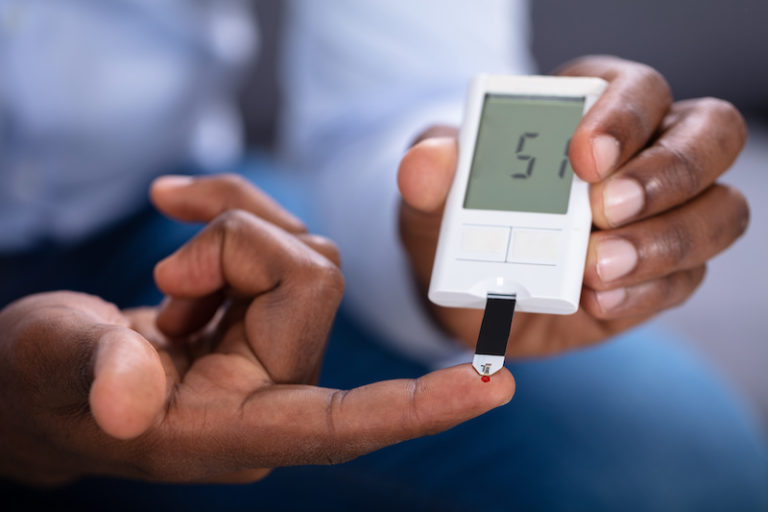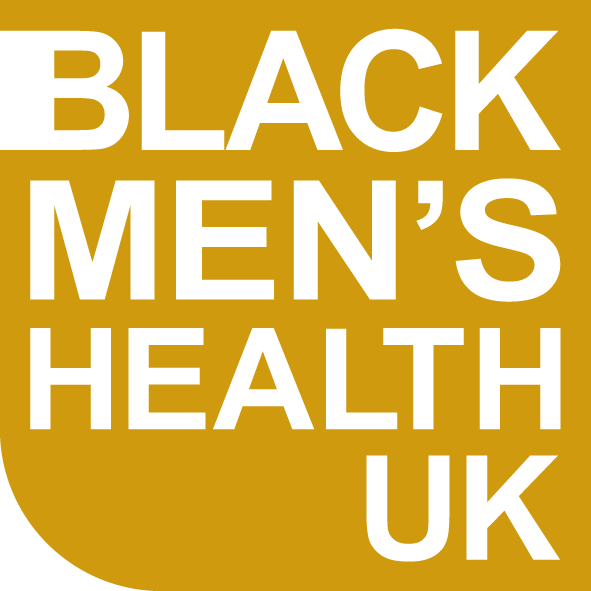Per 100,000 population, Black people in the UK are 3 times more likely to be diagnosed with a sexually transmitted infection (STI) than the national average.
Why is this the case?
Different groups of Black ethnicity are affected by sexually transmitted infections differently. People who identify as Black Caribbean are more affected, so a lot of recent research has focused on them rather than all people of Black ethnicity. We’ll summarise some of the findings from that research as well as highlight other research that might be there on other Black ethnicity groups.
Some of the findings from research identified the following to partially explain the higher STI rates among people of Black Caribbean ethnicity;
- variations in socio-demographic factors, sexual behaviours, and recreational drug use
- self-reported early sexual debut (<16 years)
- self-reported higher concurrency (more than one partner at a time), and multiple partners
Other research has found self-reported cases of concurrency highest amongst people of Black African ethnicity.
Black Caribbean people were also more likely to report condom-less sex with more than one partner in the previous 12 months.
People of BC ethnicity were more likely to access sexual health services than those of white/WB ethnicity.
Understanding sexual health
Sexual health is more than just about sexually transmitted infections. The World Health Organisation (WHO) provides a good definition which tells us what makes a good sexual health.
According to WHO, sexual health is
“…a state of physical, emotional, mental and social well-being in relation to sexuality; it is not merely the absence of disease, dysfunction or infirmity. Sexual health requires a positive and respectful approach to sexuality and sexual relationships, as well as the possibility of having pleasurable and safe sexual experiences, free of coercion, discrimination and violence. For sexual health to be attained and maintained, the sexual rights of all persons must be respected, protected and fulfilled.”
Sexually Transmitted Infections
There are many STIs but we’ve listed five that are common and disproportionately affect people of Black ethnicities.
Gonorrhoea is a bacterial STI that can easily passed between people through:
- unprotected vaginal, oral or anal sex
- sharing vibrators or other sex toys that have not been washed or covered with a new condom each time they’re use
In 2018, people of Black ethnicity had the highest diagnosis rate for gonorrhoea at 436.6 per 100,000 people compared to the national average of 126 per 100,000 people.
In men, symptoms can include
- an unusual discharge from the tip of the penis, which may be white, yellow or green
- pain or a burning sensation when urinating
- Swelling of the foreskin
Antibiotics are used for treatment.
Syphilis is a bacterial STI that as it can cause serious problems if it’s left untreated.
In 2018, people of Black ethnicity had the 3rd highest rates for syphilis after people of ‘Other’ and Mixed ethnicities. Our rate was 23 per 100,000 people compared to the national average of 14.2 per 100,00 people
In men symptoms include;
- small, painless sores or ulcers that appear on the penis, anus or mouth
Antibiotics are used for treatment.
Chlamydia is one of the most common sexually transmitted infections (STIs) is particularly common in sexually active teenagers and young adults.
In 2018, people of Black ethnicities had the highest diagnosis rate for chlamydia at 1188.6 per 100,000 people compared to the national average of 407.6 per 100,000 people.
In men, symptoms can inlcude pain and swelling in the testicles.
Chlamydia can cause serious health complications if left untreated.
Genital herpes is a viral sexually transmitted infection (STI) passed on through vaginal, anal and oral sex.
In 2018, people of Black ethnicities had the 2nd highest rate of diagnosis, after people of Mixed ethnicities, for herpes at 125.1 per 100,000 people compared to the national average of 61.4 per 100,000 people.
In men symptoms include,
- small blisters that burst to leave open sores around your genitals, anus, thighs or bottom
There is no cure for herpes though it can be treated with antivirals.
Genital warts are small fleshy growths, bumps or skin changes anywhere on the genitals or around the anus or on the upper thighs
In 2019, people of Black ethnicities had the 2nd highest diagnosis rate for genital warts after people of Mixed ethnicities. Our rate was 139.3 per 100,000 people compared to the national average of 91.1 per 100,000 people. 5% of all diagnoses were amongst people of Black ethnicity.
Condoms
Condoms are the best way to prevent STIs when used correctly and consistently. Condoms come in different sizes, from small to kingsize, so make sure to choose the right one.
Consent
Consent is part of healthy sexual relationships. If consent confuses you, here is a short explanation from Thames Valley Police.
Support
There are a number of organisations that provide support on sexuality, sexually transmitted infections and other sexual health issues. These include,
- Black Beetle Health: community organisation dedicated to promoting health, wellbeing and equality for LGBTQ+ communities of colour.
- BHA for Equality: supports individuals, families and communities to improve their health and well-being.



